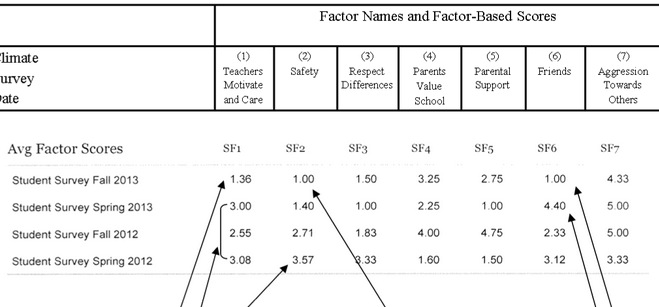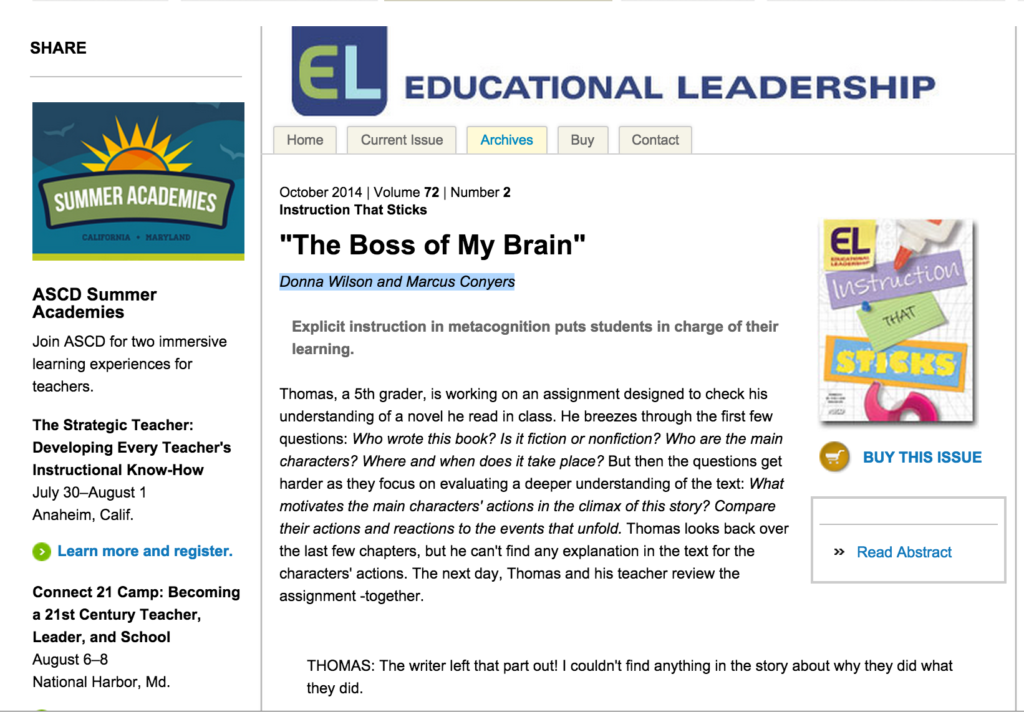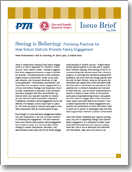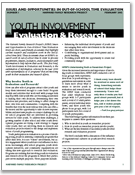Fuse Architects Take Off in 2017
What if the best way to make decisions about education technology starts off with not thinking about technology at all? This is the approach the Fuse Architect project took as they began their work this past spring. Rather than jumping into product selection, Fuse Architect participants spent the first phase thinking much more broadly.… Read More ›
Partner Collaboration Key to Highlander Institute’s Vision for Fuse Architect Success
As the Highlander Institute embarks on its Fuse Architect initiative with NMEF, six LEAs and seven high schools, collaborations with external partners are in the forefront. In this blog, we highlight key partners working with Highlander Institute to help make the vision for student centered learning and integrated learning systems a reality for participating… Read More ›
Q&A with Rebecca Wolfe, personalized learning’s biggest advocate

What would schools look like if they were designed around the needs of students? That’s the question that drives the work of Rebecca Wolfe, director of the Massachusetts-based Students at the Center project, part of the nonprofit Jobs For the Future. Called “personalized learning,” the idea sounds simple: Let the students dictate the direction and… Read More ›
Why Kids Need to Move, Touch and Experience to Learn

This paper is about the effect physical movement can have on the learning process in children. Schwartz stresses how critical it is that children are able to use their bodies while learning, citing both education studies and neuroscience. Source Organization: Mind/Shift Visit the Resource
New School Climate Tool Facilitates Early Intervention On Social-Emotional Issues: Bullying And Suicide Prevention

This article discusses a need to develop a more preventative approach, foster pro-social attitudes and a positive school climate, in order to be able to identify and support the students with hidden bruises as well as intervene with pre-bullies early in their school careers. For the most part, students’ social-emotional concerns start small; if left untreated, though,… Read More ›
Highlander Institute Seeks Systems Change through Fuse Architect Initiative
How do you move from a vision for integrated learning systems to classrooms where multiple education technology (edtech) tools seamlessly work together to support student-centered learning? With a new award from NMEF, the Highlander Institute is tackling that question through a multi-phased project called Fuse Architect. To kickoff Fuse Architect, Highlander Institute rigorously vetted… Read More ›
Integrated Learning Systems to Support Student-Centered Learning

At the Nellie Mae Education Foundation, we’re committed to creating more equitable and effective education systems — so that all New England students are ready for college and career. In our research, we’ve found that among New England high school students, roughly only half are ready for post-secondary education — meaning they can enter a… Read More ›
Students Give Thumbs Up for Brain Based Teaching

This article in The Edmond Sun describes the efforts of a local teacher to make metacognition come alive in her second-grade classroom. She explicitly teaches students how the brain works. In one lesson students use pipe cleaners to represent neural pathways and create a class brain, making visible learning pathways by connecting concepts from one… Read More ›
“The Boss of My Brain”: Explicit Instruction in Metacognition Puts Students in Charge of Their Learning

This article in Educational Leadership, highlights the importance of teaching students of all ages metacognition strategies. It discusses setting the stage by teaching students about neuroplasticity—that they can teach themselves to “become smarter” through learning. It also provides specific strategies and examples for teaching metacognitive skills at the elementary, middle, and high school levels. Lastly,… Read More ›
Seeing is Believing: Promising Practices for How School Districts Promote Family Engagement

This report explores the role of districts in promoting family involvement. The report looked at six districts that are working to build the core components of systemic family engagement by fostering district-wide strategies, building school capacity, and reaching out to families directly. The report includes a description of the practices used by each district to build… Read More ›
Know Your Rights/ Derechos Educativos Federales Folleto

This pamphlet developed by the Mexican American Legal Defense and Educational Fund describes federal education laws relevant to parents. Using parent-friendly language it provides an overview of the right to review your child’s records, the right of disabled students to receive special education services, the right of immigrant students to equal access to k-12 public… Read More ›
Youth Involvement in Evaluation Research in Issues and Opportunities in Out-of-School Time Evaluations

This article examines what current youth as researchers projects really look like. It describes the findings from focus groups and interviews with the youth and adults at 14 youth serving organizations working to involve youth in research and evaluation projects. It details who and how youth are involved. It also describes five key elements needed… Read More ›